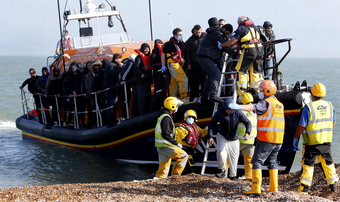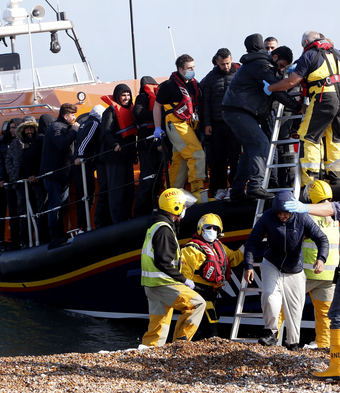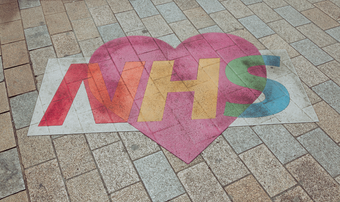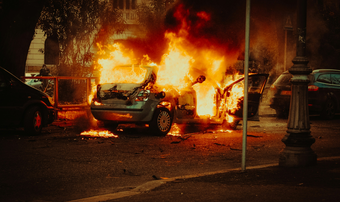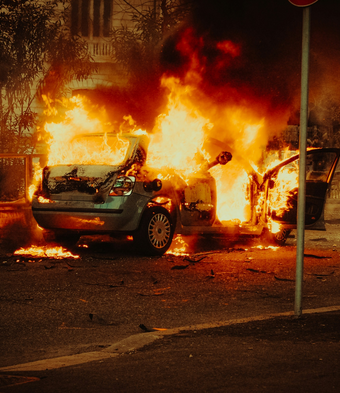Challenging abortion requires understanding factors behind it
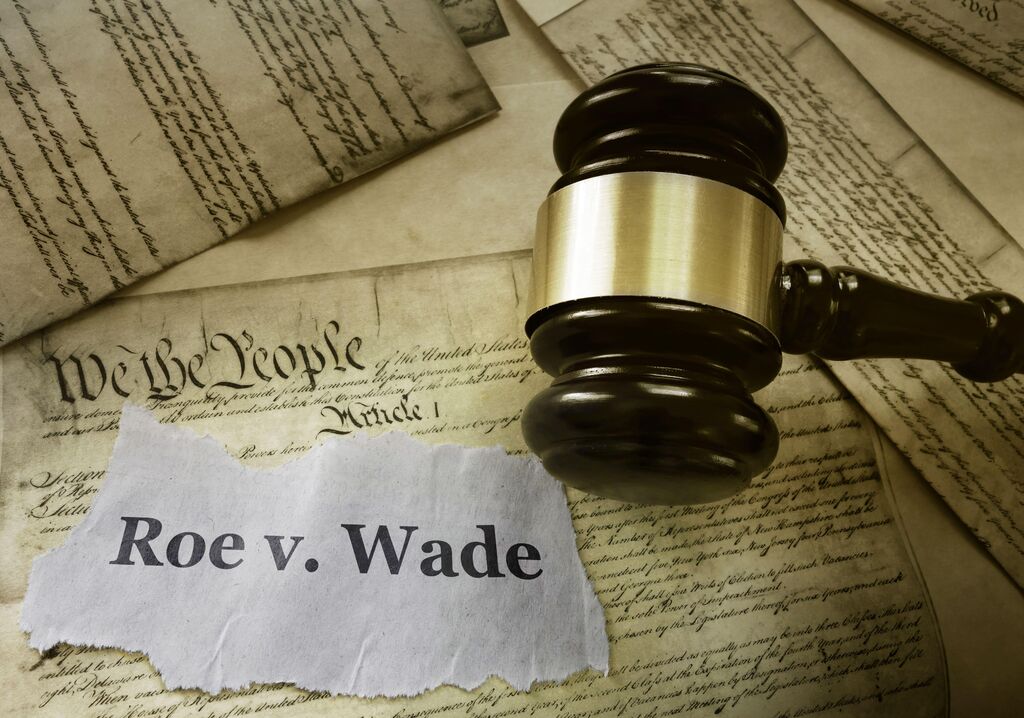
This week, a leaked document suggested the US Supreme Court will overturn Roe v Wade, the controversial 1973 ruling that made abortion a legal right.
For anyone involved in the pro-life movement, this is hugely significant. While overturning Roe v Wade wouldn’t ban abortions in every state, it would allow individual states to decide. Since the news story broke, the Times reported that a slew of Republican States have rushed to limit abortions, while other states have doubled down in support of it. As Christians, who believe that abortion is a terrible injustice against the unborn child, and something that is profoundly harmful to the mother as well, we may be encouraged by this development. However, I do think we need to be careful in our response to this story for two reasons.
Firstly, one possible consequence here in the UK is a ‘doubling down’ among proponents of abortion. If they focus their energies on parliament, we need to be clear that most parliamentarians are not likely to vote for more limits on abortion – quite the reverse. The prospect of all remaining legal restrictions on abortion being lifted (so called ‘decriminalisation’) is all too real. In the last parliamentary session, CARE was instrumental in seeing off multiple attempts to do just that. These attempts failed due to procedural blocks, rather than numbers.
Secondly, in the UK, the latest figures show 210,000 abortions took place in 2020. The vast majority involved single women. We need to better understand why so many abortions are taking place. One answer is the law and the availability of the practice – effectively on demand. The UK has one of the most liberal abortion laws in the world, with abortion legal in most circumstances up to 24 weeks and all the way to birth in cases of ‘serious disability’. However, we also need to look deeper. Poverty, for example, is one reason why abortions happen. In the context of a cost-of-living crisis, this is only going to get worse.
Another reason abortions happen is the staggeringly high levels of family breakdown. The absence of a supportive father figure to help raise a child can leave a woman feeling like she has no option but to abort. And that’s another reason: the lack of information explaining that there are alternatives to abortion.Digging deeper still, we also need to recognise the cultural air we breathe. Rampant individualism and a therapeutic culture has turned self into an idol. That’s why the slogan ‘my body, my choice’ is so powerful.
Let’s be honest: there are situations where, as Christians, we agree with this statement! God has made us an individuals, with rights that flow from who we are as image bearers of the Creator. But, what are we doing to persuade society of the limits of individualism? Are we making the case for the ‘common good’ and why it matters? It’s easy to get angry about culture, without acknowledging that we’re all shaped by culture and as Christians, we of all people should grasp that it’s only the grace of God that has rescued us from the culture of the age.
It's not enough for us to celebrate the end of Roe v Wade if we’re not also willing to genuinely be on the side of women who experience crisis pregnancies. In every pregnancy, both lives matter and our advocacy must and should reflect this. Too often, we’ve failed to communicate at all with pregnant women. Instead, we’ve demonised them in our passion and righteous anger over abortion. Our Christian duty is to do better. What are we doing to support fostering and adoption? Are we campaigning for the changes needed to make adoption easier? Are we supporting crisis pregnancy centres like the Pregnancy Centres Network?
Are we examining our hearts and asking ourselves whether we genuinely care about the poverty that is a key driver behind abortions? We should be championing every right policy that encourages and assists women to go through with their pregnancies, including help and support after birth and throughout childhood. Whatever happens in the States with Roe v Wade, this is an opportunity for us to tell a better story. This story must involve a more holistic approach that we can point to and, in all good conscience say is reflective of the intrinsic dignity of both mother and pre-born child.

